The Ultimate Anti-Cholesterol Grocery List: 12 Foods to Add to Your Cart This Week
In a world where heart health is a growing concern, understanding the role of diet in managing cholesterol levels is more crucial than ever. Cholesterol, a waxy substance found in your blood, is necessary for building healthy cells, but high levels can lead to heart disease. The good news is that certain foods can help lower cholesterol naturally. This article explores 12 essential foods that can transform your health by reducing cholesterol levels. As you prepare for your next grocery run, consider incorporating these foods into your diet for a heart-healthier lifestyle. Each section will delve into the specifics of these foods, their health benefits, and how they can be effectively included in your daily meals.
1. Oats: The Heart-Healthy Breakfast Staple
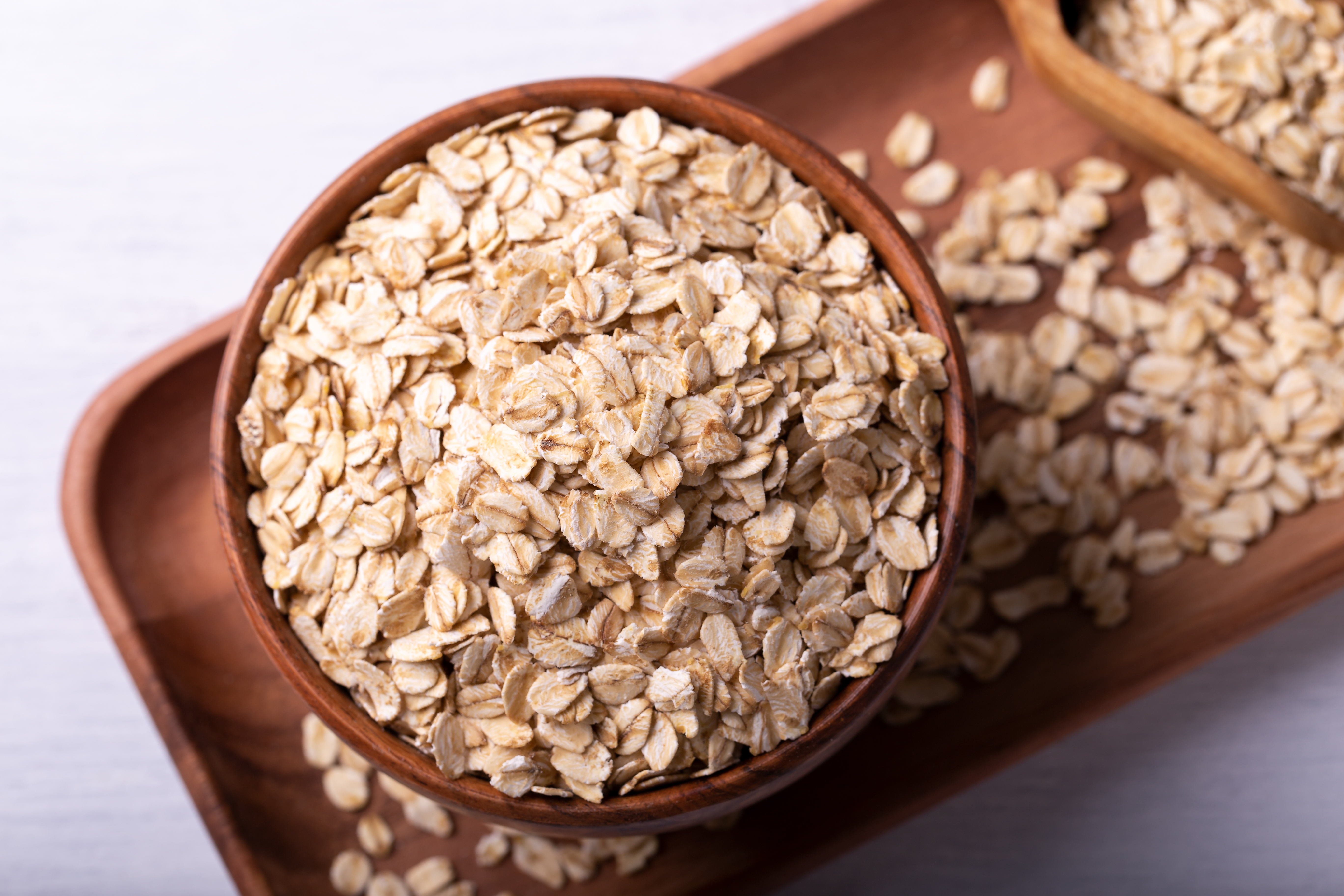
Oats are a powerhouse when it comes to lowering cholesterol, thanks to their high content of soluble fiber, specifically beta-glucan. This type of fiber has been shown to reduce LDL (low-density lipoprotein) cholesterol, commonly known as "bad" cholesterol, by forming a gel-like substance in the gut that traps cholesterol-rich bile acids. Starting your day with a bowl of oatmeal or incorporating oats into smoothies and baked goods can be a delicious and effective way to support heart health. Additionally, oats are versatile and can be flavored with fruits, nuts, and spices, making them a satisfying and nutritious breakfast option.
2. Nuts: A Crunchy, Heart-Healthy Snack
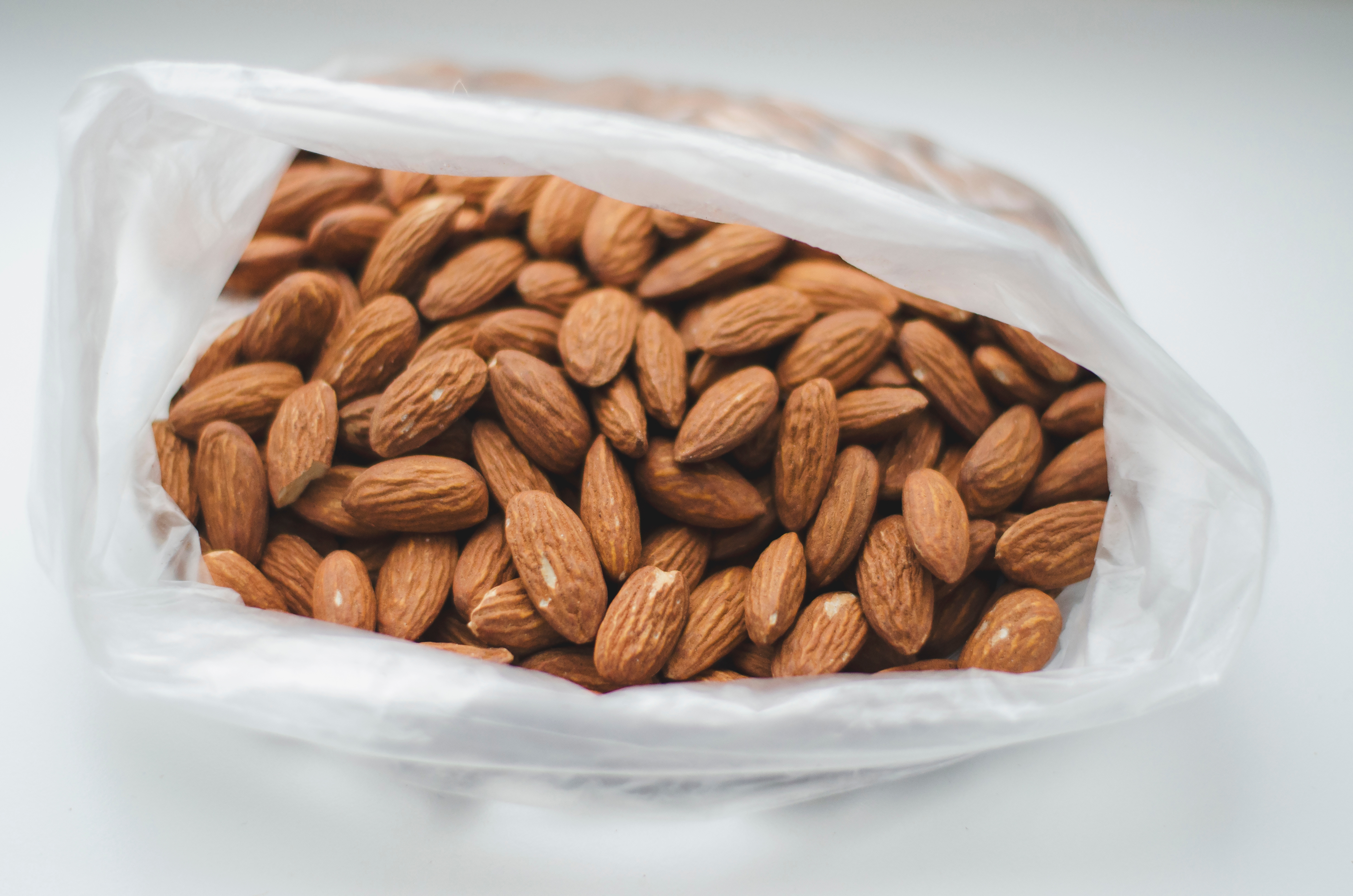
Nuts, particularly almonds and walnuts, are rich in unsaturated fats, which help lower LDL cholesterol and raise HDL (high-density lipoprotein) cholesterol, the "good" cholesterol. They also contain plant sterols, which block cholesterol absorption in the intestines. A handful of nuts daily can significantly impact cholesterol levels and overall heart health. Moreover, nuts are a convenient snack that can be enjoyed on their own or added to salads, yogurts, and baked goods for a satisfying crunch. Their combination of healthy fats, fiber, and protein makes them a heart-healthy addition to any diet.
3. Fatty Fish: Omega-3 for Heart Health
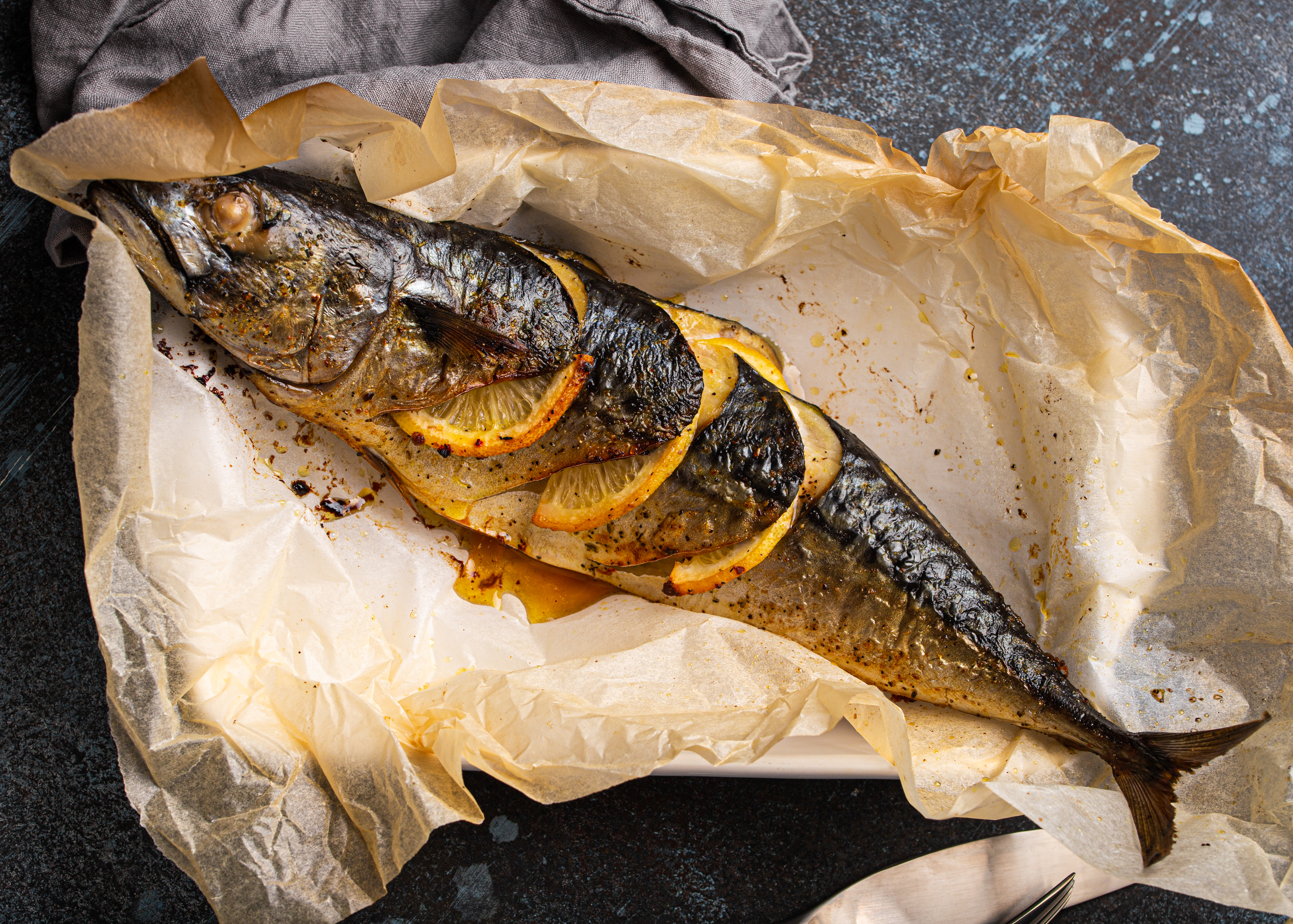
Fatty fish such as salmon, mackerel, and sardines are excellent sources of omega-3 fatty acids, which are known to reduce triglycerides, lower blood pressure, and decrease the risk of heart arrhythmias. Omega-3s also help reduce inflammation, which is linked to heart disease. Incorporating fatty fish into your diet at least twice a week can have a profound impact on cholesterol levels and heart health. Grilled, baked, or broiled, these fish can be the centerpiece of a nutritious meal. For those who don't consume fish, omega-3 supplements or plant-based sources like flaxseeds and chia seeds can provide similar benefits.
4. Legumes: The Fiber-Rich Cholesterol Fighters
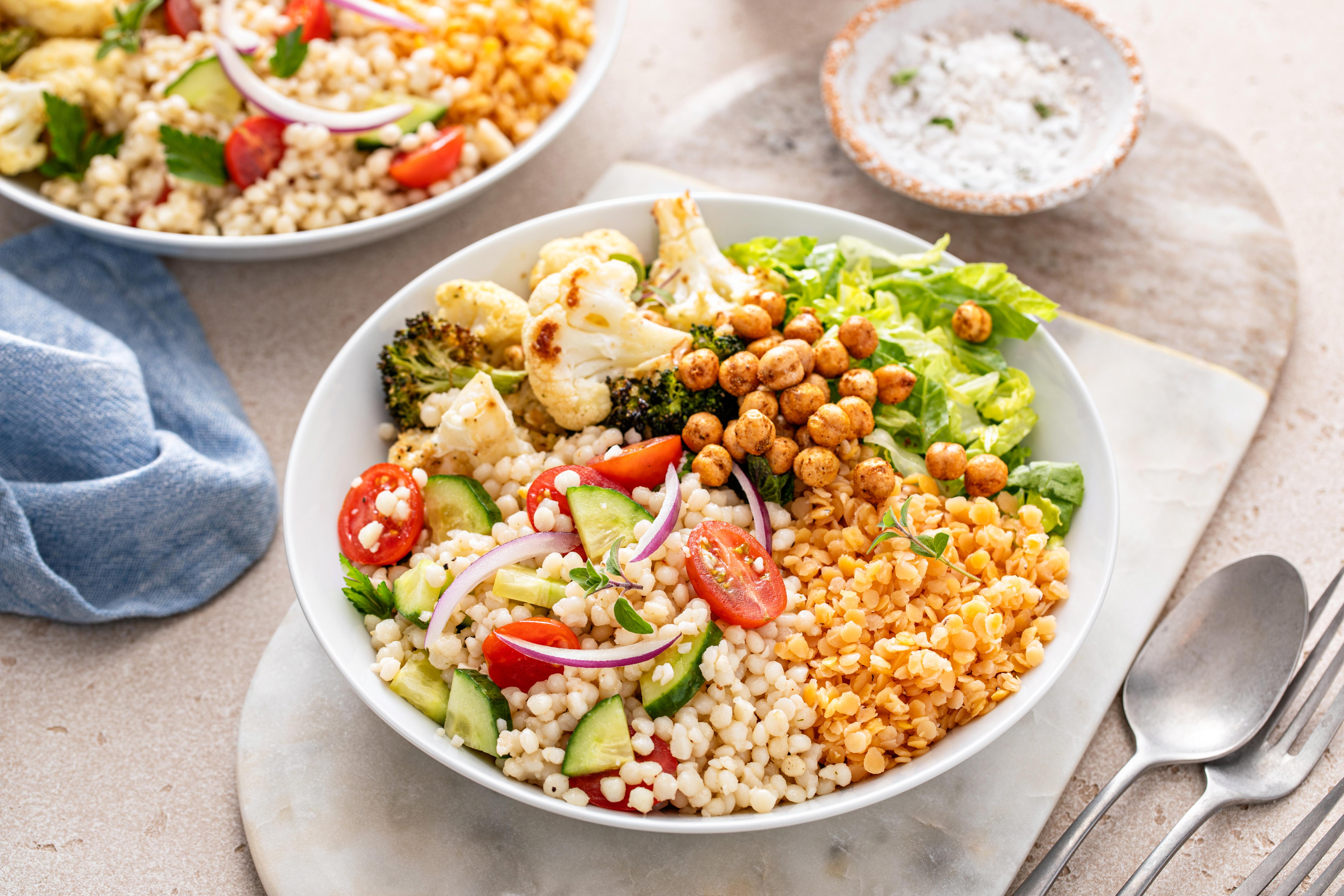
Legumes, including beans, lentils, and chickpeas, are packed with soluble fiber, which helps lower cholesterol by binding with bile acids and removing them from the body. They are also a great source of plant-based protein, making them an excellent meat alternative. Regular consumption of legumes has been associated with improved heart health and reduced risk of cardiovascular diseases. Adding legumes to soups, stews, salads, or as a side dish can enhance your meals with both flavor and nutrition. Their versatility and affordability make them a practical choice for anyone looking to improve their diet.
5. Avocados: The Creamy Cholesterol-Lowering Fruit
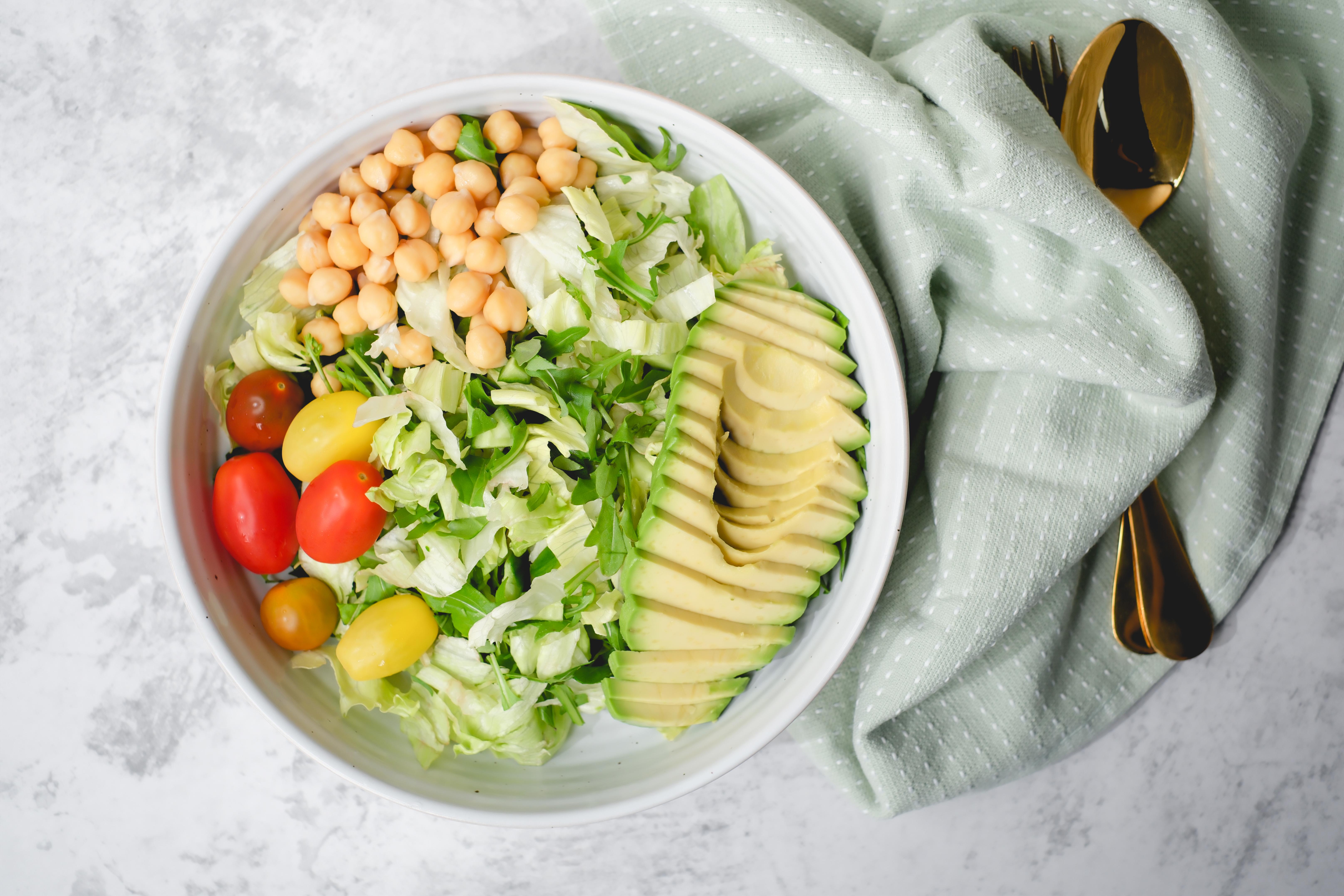
Avocados are rich in monounsaturated fats, which are beneficial for heart health. These healthy fats help lower LDL cholesterol while maintaining healthy levels of HDL cholesterol. Avocados also contain fiber and plant sterols, further enhancing their cholesterol-lowering properties. Their creamy texture and mild flavor make them a versatile ingredient in many dishes, from salads and sandwiches to smoothies and desserts. Incorporating avocados into your diet can be as simple as adding slices to toast or blending them into a creamy dressing, providing a delicious way to support heart health.
6. Olive Oil: The Heart's Best Friend
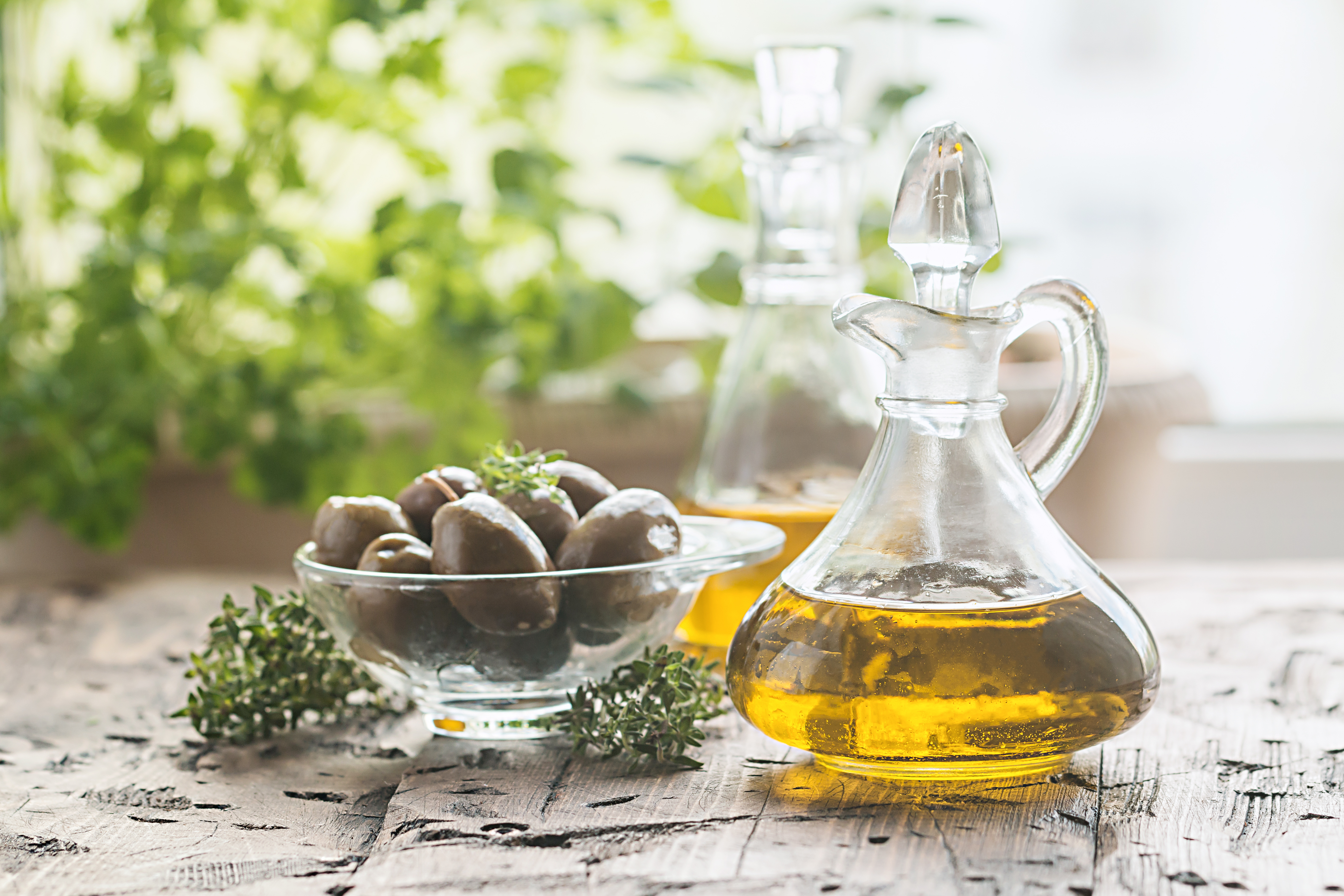
Olive oil, particularly extra virgin olive oil, is a staple of the Mediterranean diet, known for its heart-protective qualities. Rich in monounsaturated fats and antioxidants, olive oil helps reduce inflammation and lower LDL cholesterol levels. Replacing saturated fats like butter with olive oil in cooking and dressings can significantly benefit heart health. Its robust flavor enhances a variety of dishes, from roasted vegetables to pasta. By incorporating olive oil into your daily diet, you can enjoy both its culinary and health benefits, making it a key component in managing cholesterol levels.
7. Berries: Antioxidant-Rich Cholesterol Busters

Berries, including strawberries, blueberries, and raspberries, are rich in antioxidants and soluble fiber, both of which contribute to lowering cholesterol levels. The polyphenols in berries help reduce inflammation and improve heart health. Regular consumption of berries has been linked to a decrease in LDL cholesterol and an increase in HDL cholesterol. Whether fresh, frozen, or dried, berries make a delicious addition to cereals, yogurts, and desserts. Their natural sweetness and vibrant colors also make them a visually appealing and nutritious snack, supporting overall cardiovascular health.
8. Dark Chocolate: A Sweet Indulgence for Heart Health

Dark chocolate, when consumed in moderation, can be a heart-healthy treat. It contains flavonoids, particularly a type called flavanols, which have been shown to lower blood pressure, improve blood flow, and reduce LDL cholesterol. Choosing dark chocolate with at least 70% cocoa content ensures a higher concentration of these beneficial compounds. While it's important to enjoy dark chocolate in moderation due to its calorie content, a small piece can be a satisfying way to incorporate antioxidants into your diet. Pairing it with nuts or berries can enhance its health benefits, creating a delicious and heart-smart indulgence.
9. Whole Grains: The Foundation of a Heart-Healthy Diet
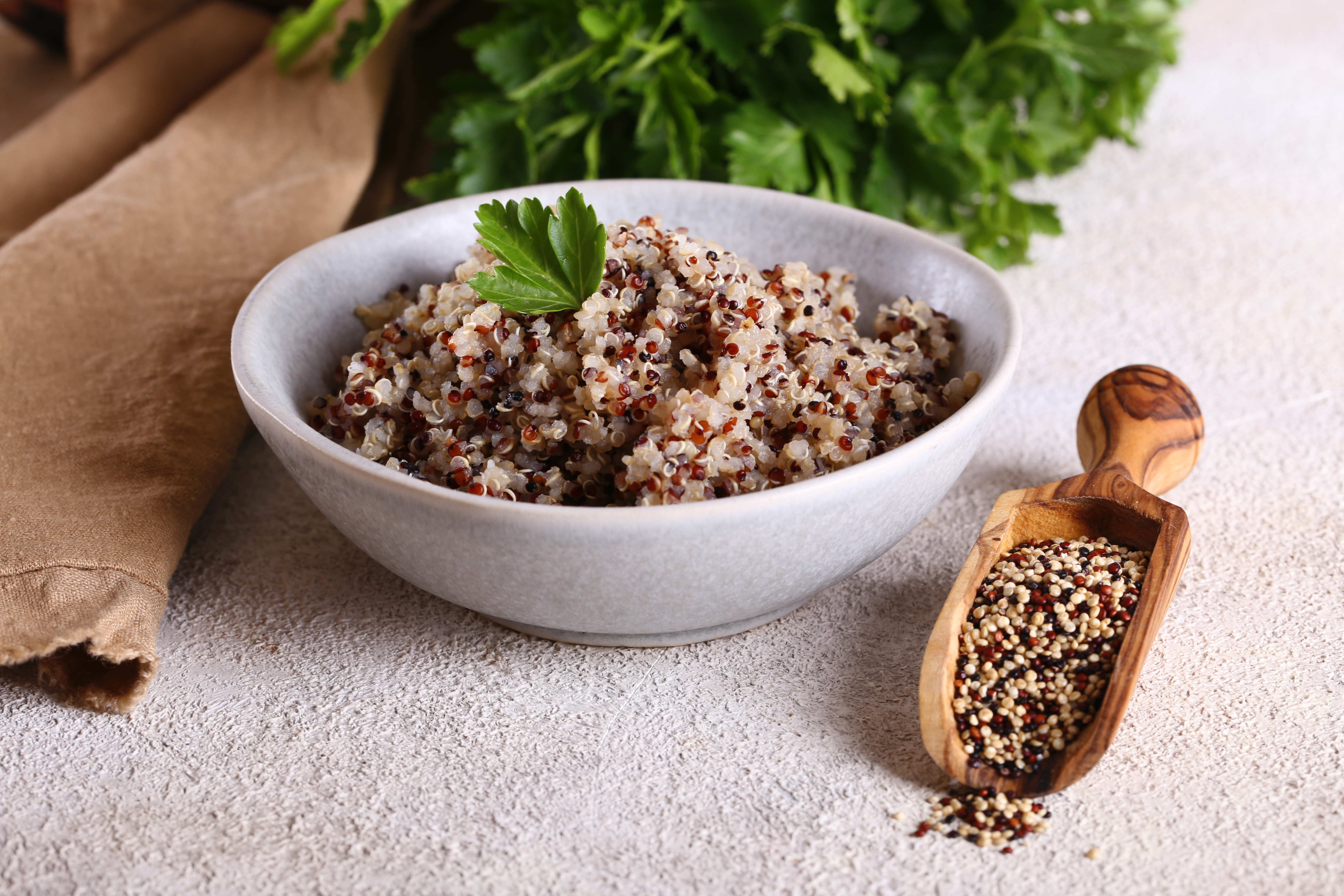
Whole grains like brown rice, quinoa, and barley are rich in fiber, vitamins, and minerals, making them essential for a heart-healthy diet. The soluble fiber in whole grains helps reduce LDL cholesterol by binding with it in the digestive system and promoting its excretion. Replacing refined grains with whole grains can lead to improved cholesterol levels and reduced risk of heart disease. Whole grains can be easily incorporated into meals as a base for salads, sides, or as an alternative to refined grains in recipes. Their nutty flavor and satisfying texture make them a delicious and nutritious addition to any diet.
10. Vegetables: The Nutrient-Dense Cholesterol Reducers
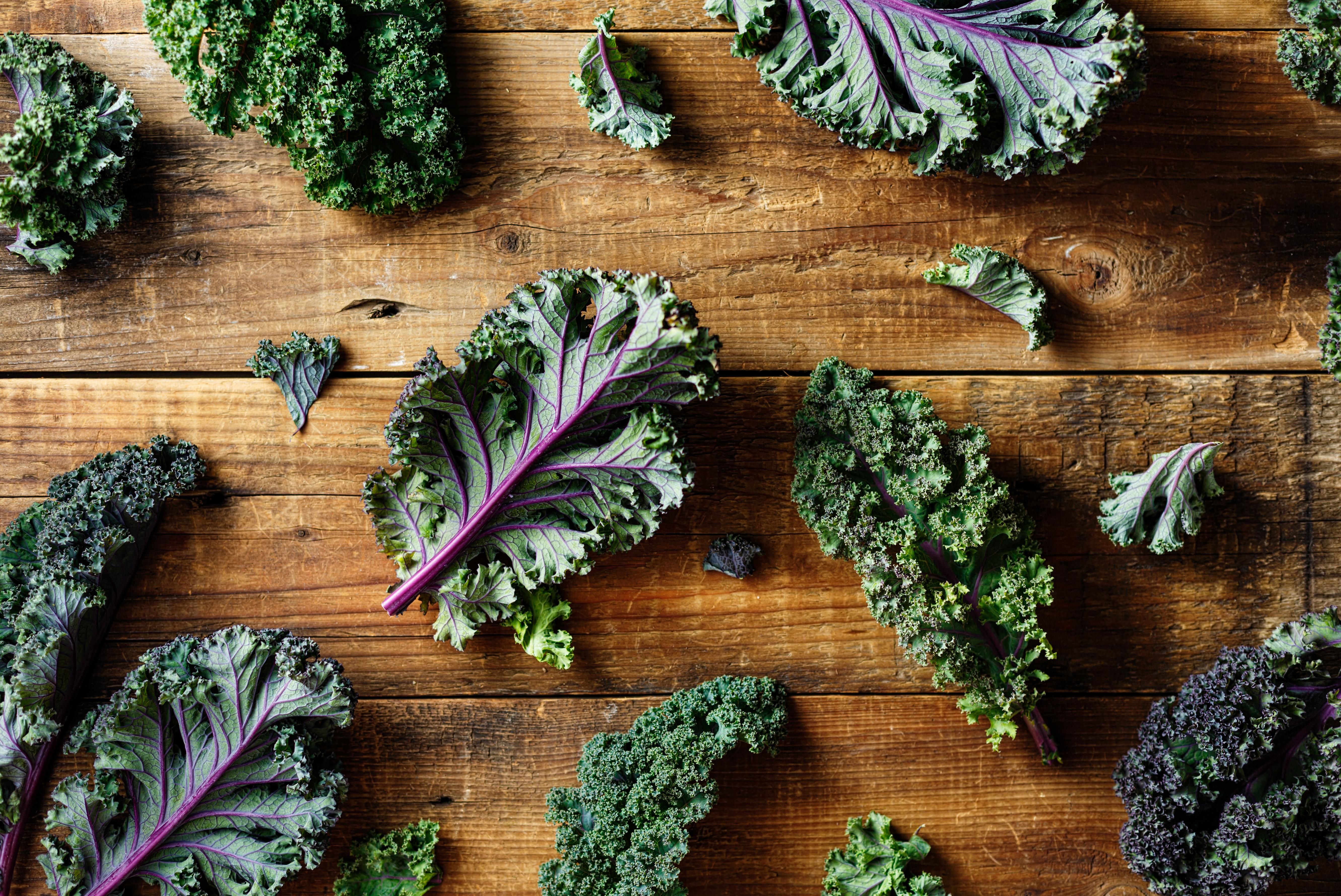
Vegetables, especially leafy greens like spinach, kale, and broccoli, are packed with fiber, antioxidants, and plant sterols, all of which contribute to lowering cholesterol levels. The high fiber content in vegetables helps reduce the absorption of cholesterol in the bloodstream. Including a variety of colorful vegetables in your diet ensures a wide range of nutrients that support heart health. Whether steamed, roasted, or raw, vegetables can be a versatile component of meals, enhancing both flavor and nutrition. Prioritizing vegetables in your diet is a simple yet effective way to maintain healthy cholesterol levels and support overall well-being.
11. Tea: A Soothing Beverage with Heart Benefits

Tea, particularly green and black tea, is rich in catechins and other antioxidants that have been shown to lower LDL cholesterol and improve heart health. Regular consumption of tea has been associated with reduced risk of heart disease and stroke. The polyphenols in tea help improve blood vessel function and reduce inflammation. Enjoying a cup of tea daily can be a relaxing ritual that also supports cardiovascular health. Whether enjoyed hot or iced, tea can be a flavorful and refreshing way to incorporate antioxidants into your diet, complementing other heart-healthy foods.
12. Soy Products: Plant-Based Proteins for Cholesterol Control
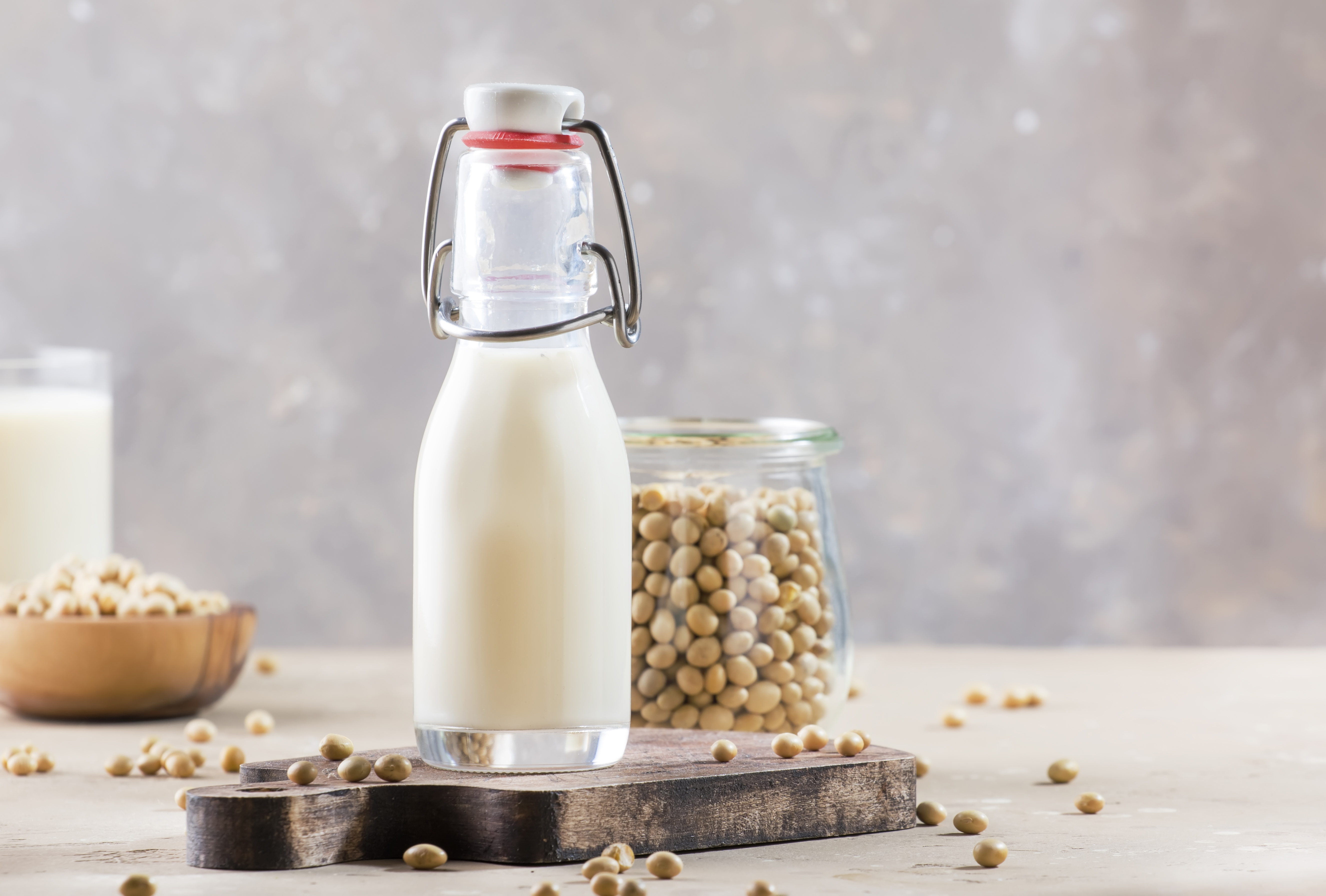
Soy products, such as tofu, tempeh, and soy milk, are excellent sources of plant-based protein and have been shown to lower LDL cholesterol levels. The isoflavones in soy, along with its high fiber content, contribute to its cholesterol-lowering effects. Replacing animal proteins with soy products can be a heart-healthy choice, especially for those following a vegetarian or vegan diet. Soy products are versatile and can be used in a variety of dishes, from stir-fries to smoothies. Incorporating soy into your meals not only supports cholesterol management but also provides a nutritious alternative to meat.
Crafting a Heart-Healthy Grocery List

Transforming your health by lowering cholesterol levels is achievable with the right dietary choices. The 12 essential foods highlighted in this article offer a variety of flavors, textures, and nutrients that support heart health. By incorporating oats, nuts, fatty fish, legumes, avocados, olive oil, berries, dark chocolate, whole grains, vegetables, tea, and soy products into your diet, you can effectively manage cholesterol levels and reduce the risk of heart disease. As you plan your next grocery run, consider these foods as staples in your kitchen. With mindful choices and delicious recipes, you can embark on a journey toward better heart health and overall wellness.
